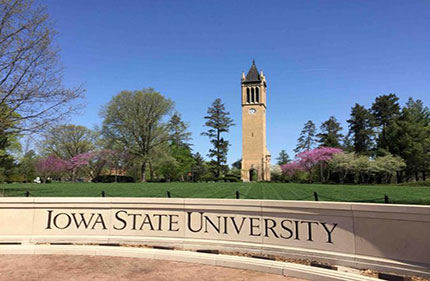COURT BATTLES PREV
PROTECT FREE SPEECH
Students’ free speech rights on campus are threatened on a regular basis. Yet students rarely stand up to schools because they’re worried about the cost, the time commitment and the fact that they still need to get a diploma. Consequently, most of these students don’t take action. That’s why Speech First was created. We support these students on campus, in the media, and in court. We’re a membership association of students, parents, faculty, alumni, and concerned citizens from across the country who’ve had enough and want to fight back. These are the cases we’ve filed to date.
[su_row] [su_column size=”1/5″ center=”no” class=””] 
University of Central Florida
Speech First v. Cartwright et. al
Status: Open
Recent Activity: February 16, 2021 complaint filed
Case launch: February 16, 2021 (United States District Court for the Midde District of Florida)
Issues being challenged:
- Discriminatory harassment policy
- Computer use policy
- Just Knights Response Team (JKRT)
“UCF’s disciplinary measures associated with their bias response team resemble reeducation camps, forcing adult college students to sit through patronizing lectures on which types of speech the university considers acceptable. Unfortunately for the school, the Constitution does not give UCF the authority to judge the content of student speech.” – Nicole Neily
[/su_column]
[su_column size=”1/5″ center=”no” class=””] 
Iowa State University
Speech First v. Wintersteen et. al
Status: Settled
Recent Activity: March 12, 2020 case settlement
Case launch: January 2, 2020 (United States District Court for the Southern District of Iowa)
Issues being challenged:
- Chalking ban
- Acceptable use policy governing political speech
- Campus Climate Response System
“Iowa State University maintains a series of policies that have both the purpose and the effect of chilling student speech. One month out from a major political primary, students have been significantly – and unconstitutionally – burdened from participating in the political process.” -Nicole Neily
[/su_column] [su_column size=”1/5″ center=”no” class=””] 
University of Michigan
Speech First v. Schlissel et. al
Status: Settled
Recent Activity: October 28, 2019 case settlement
Case launch: May 8, 2018 (United States District Court for the Eastern District of Michigan)
Issues being challenged:
- Speech code
- Bias response team
“Bias Response Teams are fundamentally un-American and have no place on college campuses. We have an epidemic on our hands in the higher education system—universities are establishing rules and protocols that create a dangerous environment in which free speech protections under the First Amendment no longer exist.” -Nicole Neily
[/su_column] [su_column size=”1/5″ center=”no” class=””] 
University of Texas
Speech First v. Fenves et. al
Status: Settled
Recent activity: December 23, 2020 case settlement
Case launch: December 13, 2018 (United States District Court for the Western District of Texas)
Issues being challenged:
- Verbal harassment ban
- Acceptable Use Policy governing internet & digital use
- Residence Hall Manual
- Campus Climate Response Team
“By failing to define highly subjective terms such as ‘offensive,’ ‘biased,’ ‘uncivil,’ and ‘rude,’ the University of Texas has given itself broad discretion to determine which speech – and whose speech – violates their policies. Unfortunately, this fails to pass Constitutional muster.” – Nicole Neily
[/su_column] [su_column size=”1/5″ center=”no” class=””] 
University of Illinois
Speech First v. Killeen et. al
Status: Settled
Recent activity: February 2, 2021 case settlement
Case launch: May 29, 2019 (United States District Court for the Central District of Illinois)
Issues being challenged:
- Leafleting policy for non-campus elections
- Bias Assessment Response Team (BART)
- University Housing’s Bias Response Protocol
- No Contact Directive
“On a regular basis, The University of Illinois sends a clear message to students who wish to engage in political and religious speech: there are some views that are welcome, and others that are not. Students deserve to be able to express themselves and voice their opinions without fear of investigation or punishment – which is why these policies must be reformed.” – Nicole Neily
[/su_column][/su_row]
